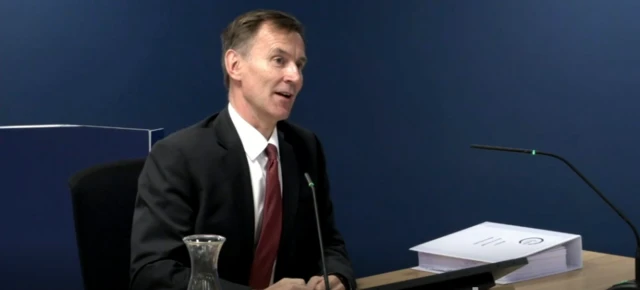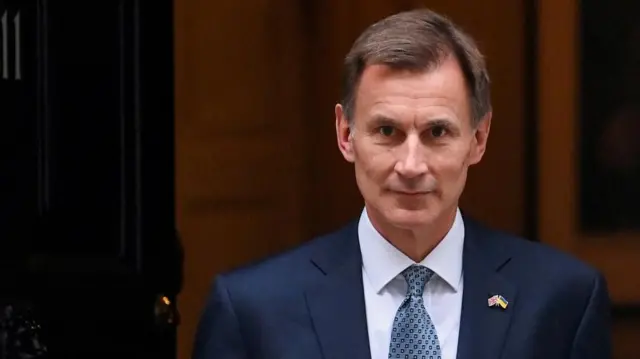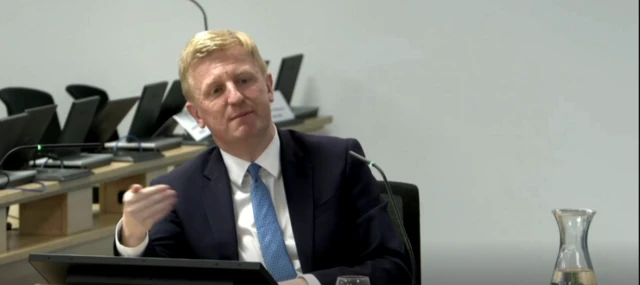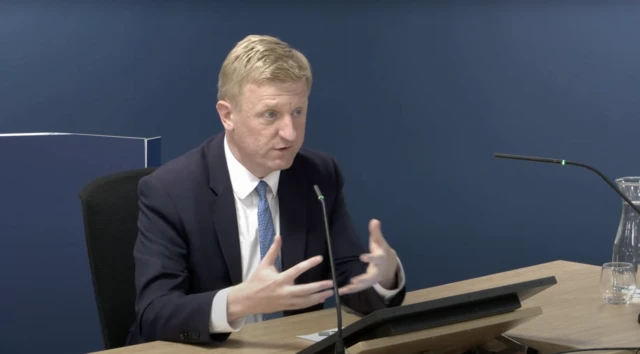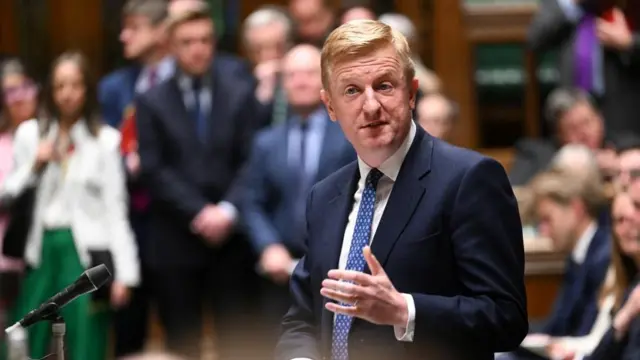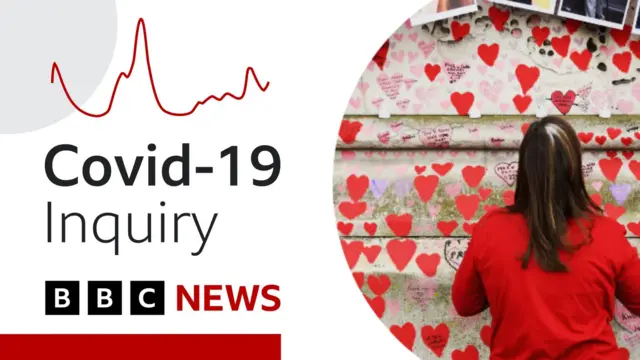Workforce planning and funding remain challenges for the NHSpublished at 16:30 BST 21 June 2023
 Nick Triggle
Nick Triggle
Health Correspondent
Jeremy Hunt has conceded the NHS needs to get “better on workforce planning”.
He says the number of doctors and nurses in the NHS have gone up since 2010, but not in a planned way.
Currently one in 10 posts in England is vacant and the health service is having to rely heavily on international recruitment to fill the posts it has.
Last year nearly half of new nurses registered to work in the UK came from abroad.
The government in England is expected to publish a new workforce plan setting out long-term forecasts for the number of staff needed.
He has also been asked whether there has been enough investment. He points out the budget has increased.
It has by between 1% and 2% once inflation is taken into account between 2010 and 2019. But that compares to an average of around 4% during the rest of its history.
